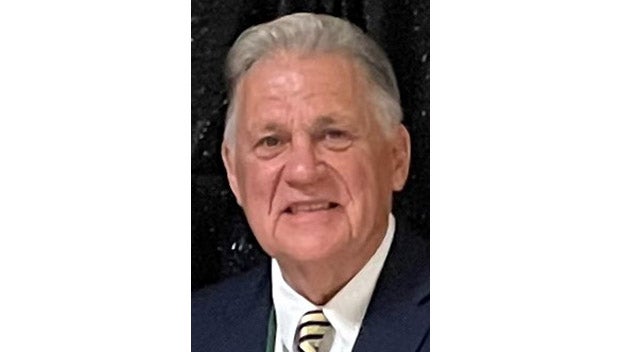Public Hearing On Luck Stone Quarry Proposal October 16 In PE Courthouse
Published 3:18 pm Tuesday, September 30, 2014
FARMVILLE — The Virginia Department of Mines, Minerals and Energy will hold a public hearing at 7 p.m. on Thursday, October 16, regarding Luck Stone’s permit application for a new quarry off U.S. 460 west of Farmville.
A decision by the state on the application is expected before the end of February.
“I would anticipate an issuance of the public finding within 120 days of the hearing,” Thomas Bibb, Manager of Engineering with the department’s Division of Mineral Mining, told The Herald in an email response to the newspaper’s query.
The public hearing will be held in the board of supervisors meeting room on the third floor of the Prince Edward County courthouse.
The Prince Edward County Board of Supervisors strongly supports the project and has given its formal approval.
The Town of Farmville, however, fears the proposed quarry’s proximity to Mottley Lake will negatively affect that body of water, purchased by the Town as a back-up water supply in case of a devastating drought.
And it was the Town that formally requested the state to conduct a public hearing on the application. In a September 25 letter to the Town, Bibb said the public hearing will be “an informal ‘information-gathering’ forum.” The permit application package will be on review that night beginning at 6 p.m.
Luck Stone is applying for a permit to operate a granite quarry, with the pit location to be developed on 330 acres of property approximately five miles west of Farmville, off US 460. Mottley Lake is located several hundred yards from where Town officials expect the quarry site, itself, to be located on those 330 acres.
Water levels in Mottley Lake “will decrease through time as a result of aggregate mining,” according to a report based on field observations by Thomas E. Rice, PG, an economic geologist.
“The time factor of when the Lake will be impacted is unknown,” Rice wrote in his report to town manager Gerald Spates, presented to town council during its February work session.
The Town of Farmville paid Rice to evaluate whether or not the proposed Luck Stone quarry operation would impact the lake.
Rice was highly complimentary of Luck Stone Corporation during his presentation to town council and said that he, personally, does not oppose the proposed quarry.
“Luck Stone will be an asset to the community in many ways, some yet unrealized,” he wrote in his report’s concluding paragraph. “But the importance of an adequate municipal water supply is not only more important, but essential.”
The Town sent Luck Stone a copy of Rice’s report in hopes the company would agree to help install deep wells on the Mottley Lake property as an insurance policy back-up in case the quarrying were to impact the lake’s water levels.
According to Spates, the Town never received a response from Luck Stone.
“No, we never (did),” Spates said Friday.
When contacted by the Herald in Februaryabout Rice’s report, Ben Thompson, Land Use Development Director for Luck Stone, said in an email that, “While our rezoning request included a hydrogeologic report, we recognized at that time the need for additional studies that would speak in greater detail to the movement and levels of groundwater. Our zoning permit carries several proffers requiring Luck to analyze and monitor water both on our site and on surrounding properties, including Mottley Lake. We have two specific proffers that are directly related to Mottley Lake’s dam and its water quality and quantity.”
Looking toward the public hearing, Spates said, “I’m not against the project, I think, though, you need to find out—and I wish they (Prince Edward County’s board of supervisors) hadn’t approved it so quick—how it’s going to affect adjoining property owners.
“It’s definitely going to affect us sooner or later,” he said Friday, referring to Rice’s report. “Tom’s report pretty much says that somewhere down the road the lake’s going to drain. But I don’t know how it’s going to affect the other people and their springs. They will probably be affected worse than we will.”




